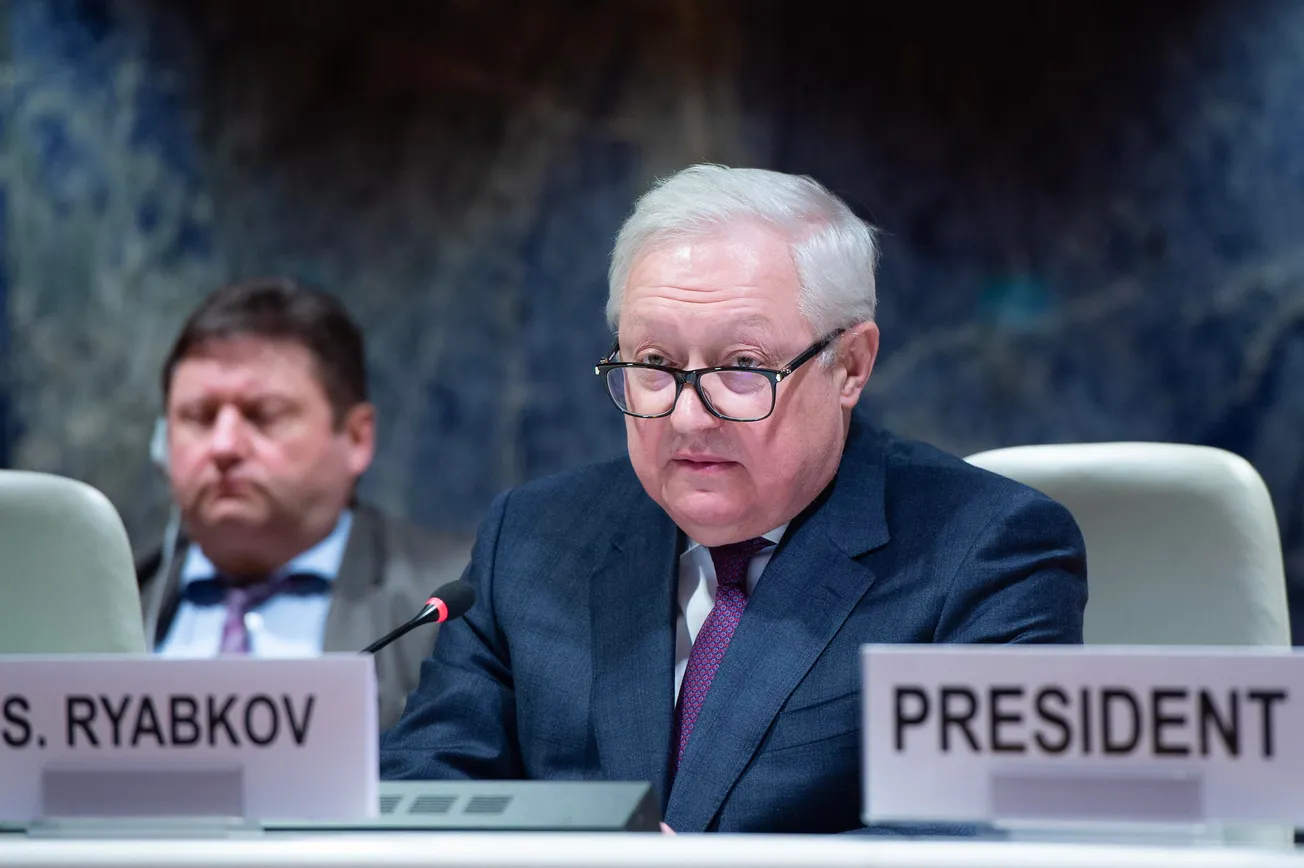Egypt, a key member of the expanded BRICS, is being put under increasing pressure by the International Monetary Fund, with which it has a $3 billion Extended Fund Facility since 2022. This EFF was agreed to because Egypt has suffered from a shortage of foreign exchange, especially dollars. That has led to the Egyptian pound being devalued three times recently, losing 70% of its value, which in turn has fueled inflation. Now Standard & Poor’s rating agency has released a statement asserting that the currency is heading for yet another devaluation.
Given that Egypt has become a very important member of the BRICS, which was expanded from five to ten members on Jan. 1, 2024, and that it plays a crucial role in the neighboring Gaza crisis, Egypt’s financial woes can be used to pressure and destabilize the country, which could have very serious strategic consequences.
S&P Global Rating Agency released a report saying the parallel market currently values the U.S. dollar at over EGP60, while the official exchange rate remains around EGP 31 per dollar. This is contributing to the pressure for a new devaluation. Such “exchange rate flexibility” is part of Egypt’s commitments under the IMF EFF. According to Al Ahram, Egypt has been slow in meeting the IMF’s conditions, leading to the postponement of the scheduled reviews for March and September 2023, but now an IMF mission is in Cairo for discussions on those missed reviews. Another conditionality is keeping high interest rates by the Central Bank of Egypt.
The fear of devaluation has led to a 29.22% decrease in remittances in the first quarter of the current fiscal year (July-September), compared to the same quarter of the previous fiscal year.
The IMF’s just-released World Economic Outlook report has cut Egypt’s projected growth for 2023 from the forecast of 3.6% to 3%, saying it would recover only towards the end of 2024 and into 2025, reaching 4.7%, reported Al Ahram yesterday.
Now there is even talk of securitizing the revenue of the Suez Canal. In an op-ed in the Jan. 30 Al Ahram, banking consultant Gamal Wagdy details the existential dangers of such a policy. He explains how such securitizations are carried out, including creating “special purpose vehicles” in offshore locations out of reach of Egyptian law. He asserts that this could even lead to the Canal being taken over by foreign creditors. He does not mention who has made such a suggestion.




